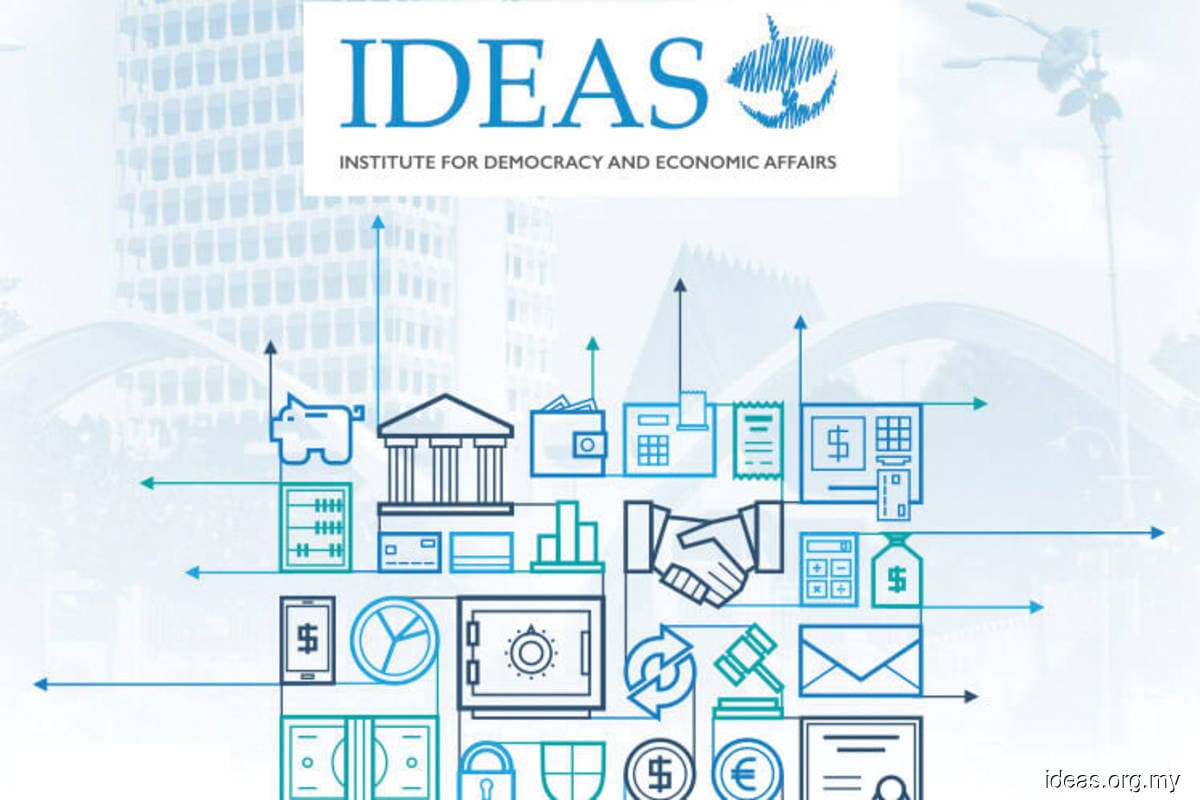
KUALA LUMPUR (Oct 18): A total of 234 political appointments in federal statutory bodies (FSBs) were made under the government of the ninth Prime Minister Datuk Seri Ismail Sabri Yaakob, said the Institute for Democracy and Economic Affairs (IDEAS).
This, the think tank said, is a "worrying" increase compared with the 72 made under the seventh prime minister Tun Dr Mahathir Mohamad, 139 under the eighth prime minister Tan Sri Muhyiddin Yassin, and 233 under the sixth prime minister Datuk Seri Najib Razak.
Of the 234 appointments made under Ismail Sabri, 115 were retained from the Muhyiddin administration while the other 119 were new entries, said IDEAS in a statement.
Umno dominated the number of politicians retained in FSBs with 52 appointments while Bersatu had 28 and PAS had 11. As for new appointments, Umno again led with 61, followed by Bersatu (19), the newly established Parti Bangsa Malaysia (15), PAS (7), and MCA (5).
Of the 133 FSBs, 72 (54%) were directly affected by the appointments and involved 22 out of 27 ministries (81%) under Ismail Sabri's tenure.
The ministries with the most political appointments were higher education (10 FSBs), transport (eight), rural development (eight), agriculture and food industries (eight), and plantation industries and commodities (seven).
IDEAS noted that Institut Koperasi Malaysia had the largest volume of appointments in its board of directors with 10 recognisable politicians.
The research also found that 56 FSBs were highly susceptible to political influence due to having their chairpersons clearly affiliated with political parties, or were either current or former members of parliament, assemblymen, and senators.
In light of Parliament's dissolution on Oct 10, and the looming 15th general election (GE15), IDEAS said the new government should proceed with caution on any post-election appointments.
IDEAS chief executive officer Dr Tricia Yeoh said these were some measurable indicators of the possible political compromises made to accommodate the various parties' interests within a coalition and to maintain political stability at the federal government level.
"Having too many political figures within FSBs as the nation transitions and recovers from the devastating Covid-19 period brings into question the due diligence aspect of these appointment processes.
"Given what this research reveals, it is imperative that all political parties pledge to minimise political appointments as part of their election manifestos.
"The post GE15 landscape must see a reduction in unnecessary political appointments, especially if we are to see better governed businesses," Yeoh said.
She added that it is in the best interest of all Malaysians to see greater commitment from the government to resisting party pressure in terms of rewarding loyalty with political appointments.